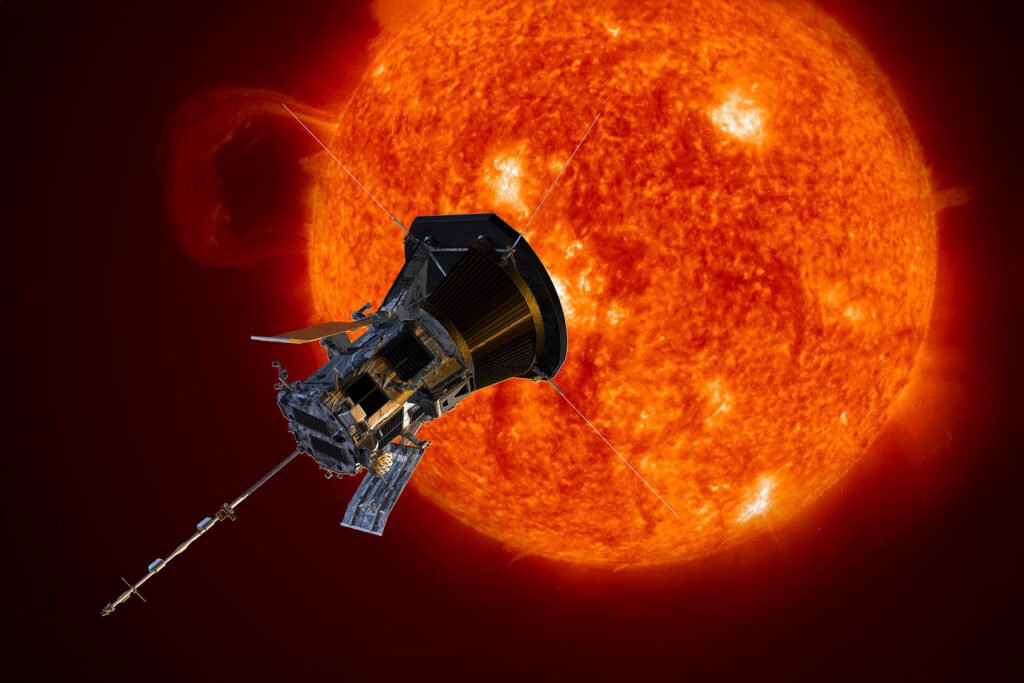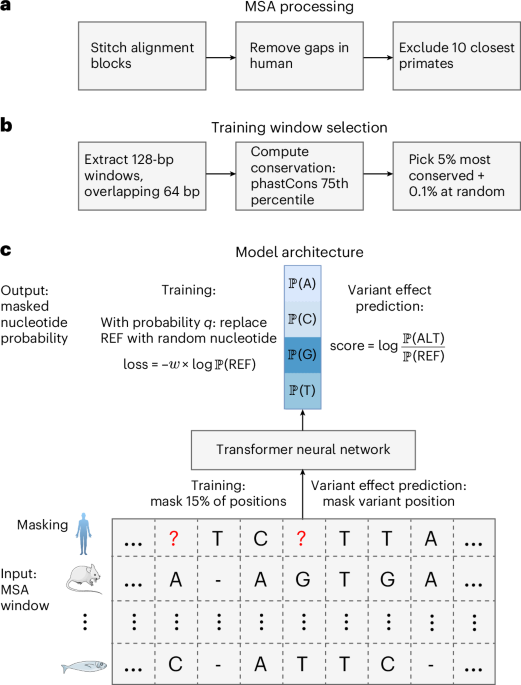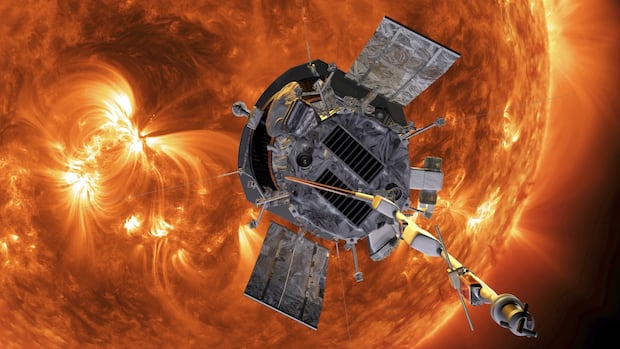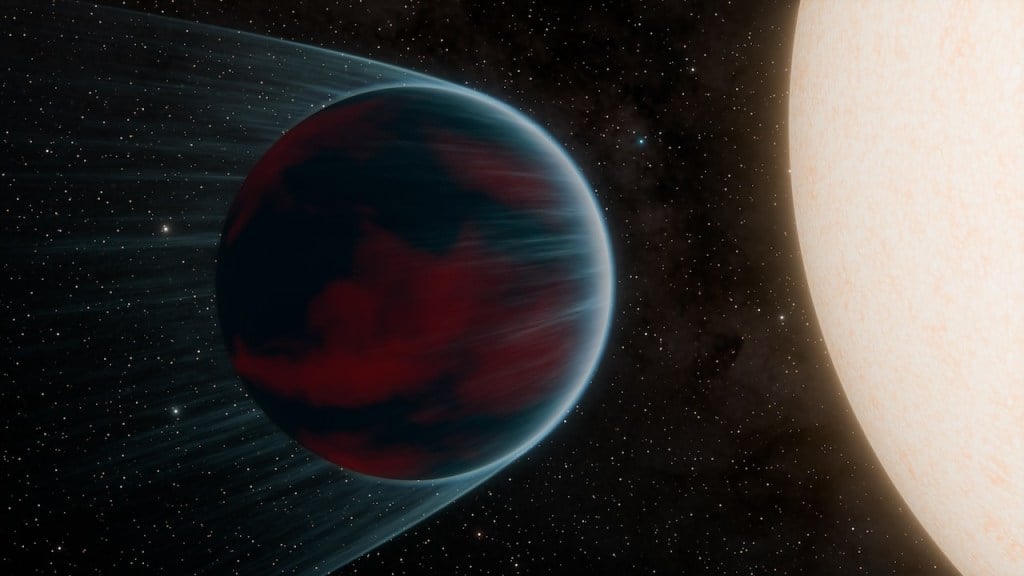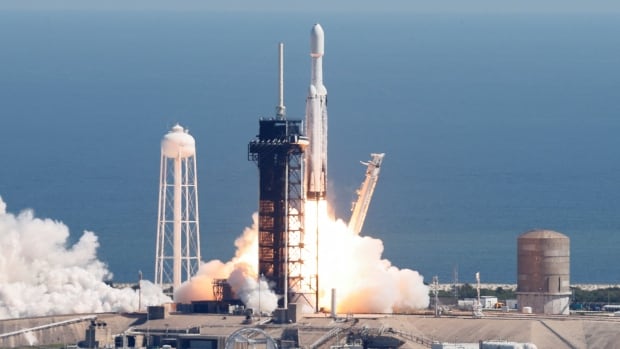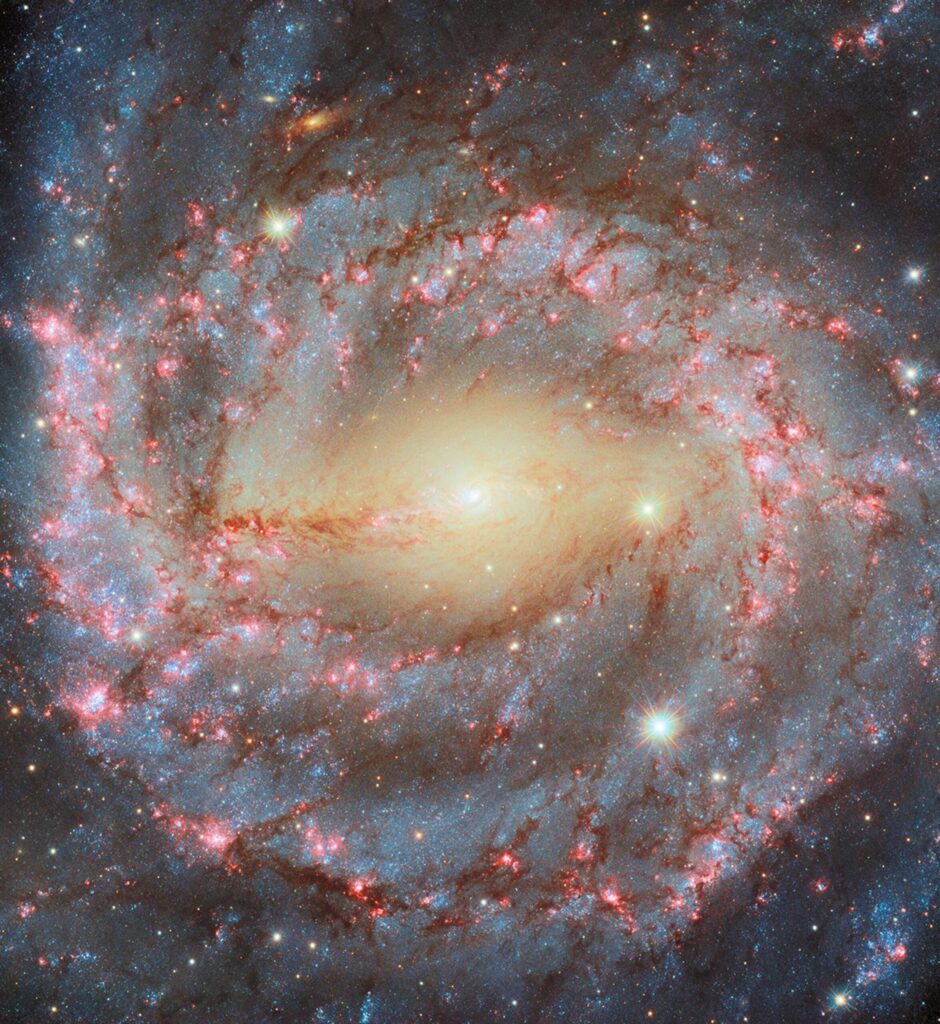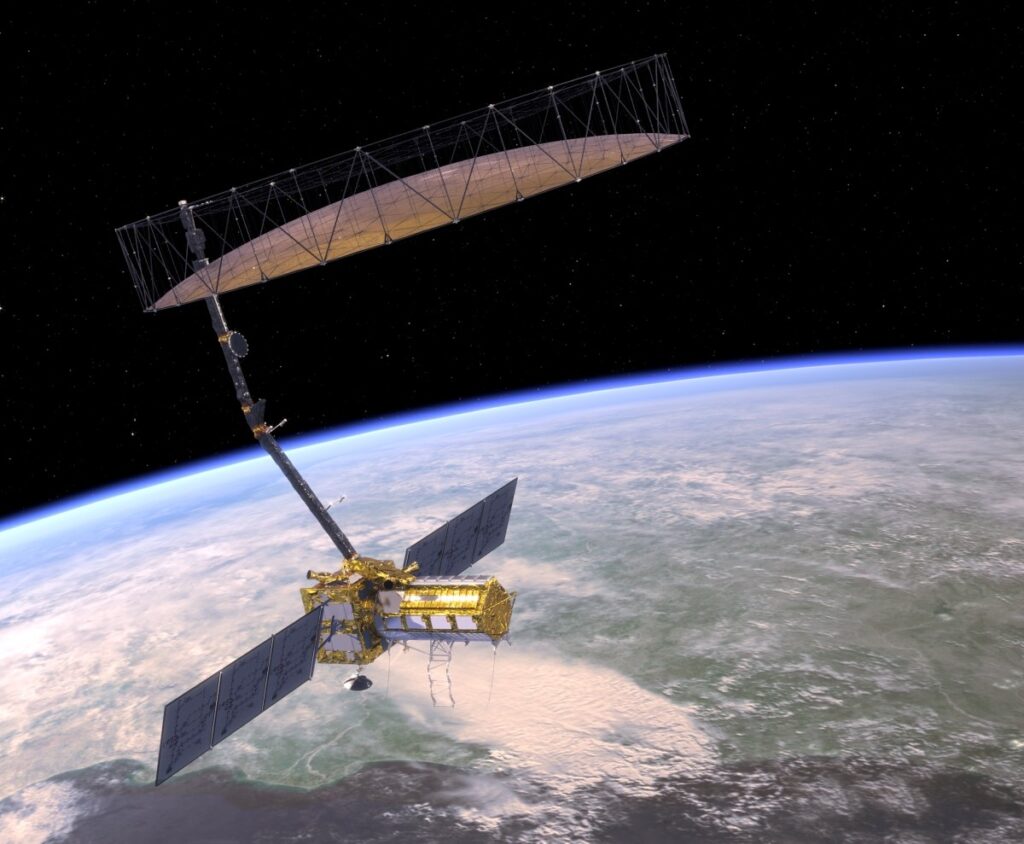Solestial and Meyer Burger forge deal to expand solar cell production
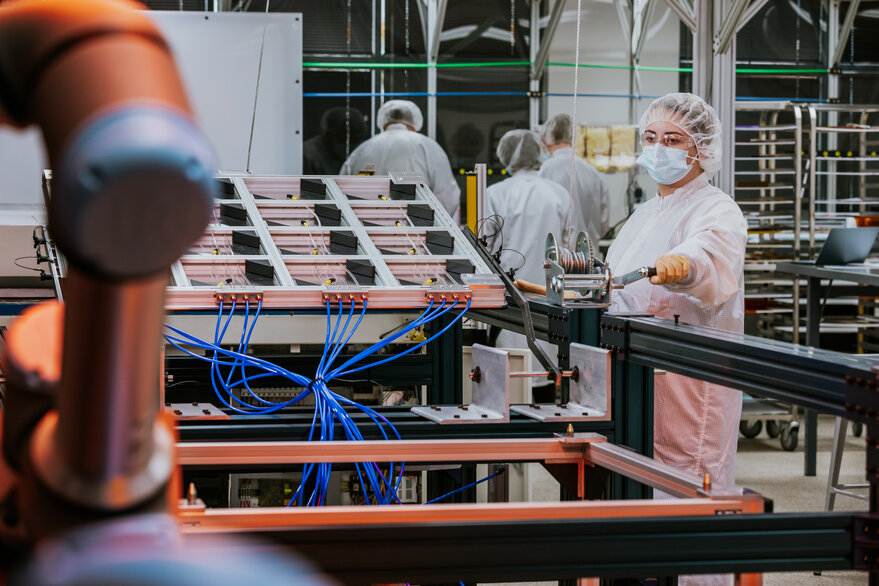
Technology tamfitronics

LOGAN, Utah — Solestial announced a strategic partnership Aug. 5 with Meyer Burger Technology to dramatically expand production of silicon solar technology.
Tempe, Arizona-based Solestial’s radiation-resistant solar cells and flexible solar power modules are designed for long-term space applications. Meyer Burger, a publicly traded Swiss company, brings expertise in manufacturing solar cells and modules.
Through the partnership, Solestial and Meyer Burger plan to produce 1 megawatt of solar cells annually by mid-2025. For comparison, Solestial currently produces less than 100 kilowatts per year.
“This is a huge scale up for Solestial,” Andy Atherton, Solestial chief operations officer, told SpaceNews by email. “It’s also worth noting that the entire global manufacturing capacity for space-specialized solar is less than 2 megawatts today. So, we’re adding meaningful global scale with this partnership.”

Countering Radiation
With solar technology that relies on sunlight toanneal (or cure) radiation damageSolestial closed a $10 million funding round led by Airbus Ventures in 2022. Last year, Solestial announced an agreement to supply solar arrays for space tugs developed by Denver startupAtomos Space.
Through the new partnership, Solestial and Meyer Burger intend to “revolutionize space solar power” by delivering “ultra-thin, reliable, radiation-hardened cells and modules at unprecedented scale,” according to the news release.
The strategic partnership agreement calls on Solestial to share its proprietary solar cell technology with Meyer Burger. Meyer Burger, in turn, will produce solar cells at its German manufacturing plant and send them to Solestial’s facility in Tempe, AZ for metallization, finishing and integration into flexible solar power modules.
“Meyer Burger stretches into industries that need our proprietary know-how and advanced technologies,” Meyer Burger CEO Gunter Erfurt said in a statement.
Scaling Production
Solestial CEO Stan Herasimenka said in a statement that the partnership will allow Solestial to “take the next step in scaling production, delivering for our customers and meeting the ever-growing demand for reliable, cost-effective and abundant energy in space.”
By making solar power less costly and more reliable, Solestial intends to support space-based infrastructure.
For Starpath, a California company focused on producing rocket propellant with resources on the moon and Mars, Solestial’s technology is critical. “At yesterday’s cost and production scale of space-capable solar, our mission would be prohibitively expensive to accomplish,” Starpath CEO Saurav Shroff said in a statement. “Solestial’s solar technology is an unlock for Starpath and, we believe, for other next-generation space infrastructure
Debra Werner is a correspondent for SpaceNews based in San Francisco.Debra earned a bachelor’s degree in communications from the University of California, Berkeley, and a master’s degree in Journalism from Northwestern University. She…More by Debra Werner



 Hot Deals
Hot Deals Shopfinish
Shopfinish Shop
Shop Appliances
Appliances Babies & Kids
Babies & Kids Best Selling
Best Selling Books
Books Consumer Electronics
Consumer Electronics Furniture
Furniture Home & Kitchen
Home & Kitchen Jewelry
Jewelry Luxury & Beauty
Luxury & Beauty Shoes
Shoes Training & Certifications
Training & Certifications Wears & Clothings
Wears & Clothings









